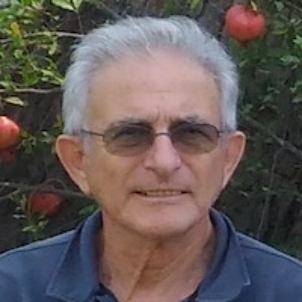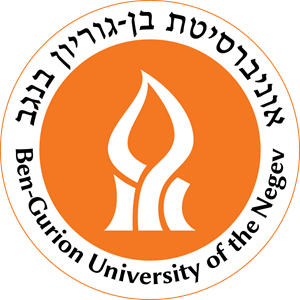-

 Charles E. HelmstetterFlorida Institute of Technology Melbourne, USA
Charles E. HelmstetterFlorida Institute of Technology Melbourne, USACharles E. Helmstetter's seminal contributions, spanning decades of dedicated research and innovation from the 1960s to the close of the 20th century, not only laid the groundwork for modern investigations into bacterial cell physiology, but also set a standard of excellence that continues to inspire researchers today.


-

 Terence HwaUniversity of California San-Diego, USA
Terence HwaUniversity of California San-Diego, USATerence Hwa has made significant contributions to bacterial physiology by establishing growth laws and principles of proteomic resource allocation. His research culminated in a theory predicting bacterial behaviors and gene expression under various conditions, advancing our understanding of microbial life.


-

 Nancy KlecknerHarvard University, USA
Nancy KlecknerHarvard University, USANancy Kleckner is renowned for her pioneering research on dynamic chromosomal processes in E. coli and eukaryotic cells. She discovered SeqA, a protein crucial in DNA replication initiation, significantly advancing the field of bacterial cell cycle research and broadening our understanding of chromosomal behavior across various organisms.


-

 Vic NorrisUniversity of Rouen, France
Vic NorrisUniversity of Rouen, FranceVic Norris is celebrated for uncovering the molecular mechanisms that govern bacterial cellular processes, focusing on signaling, stress responses, and cellular organization. His pioneering research has significantly advanced our understanding of bacterial physiology and the intricate processes that maintain cellular function under various conditions.


-

 Arieh ZaritskyBen-Gurion University of the Negev, Israel
Arieh ZaritskyBen-Gurion University of the Negev, IsraelArieh Zaritsky is a bacterial physiologist, professor emeritus at Ben-Gurion University of the Negev, Israel. His research focuses on the coupling of chromosome replication and segregation with cell growth, division and dimensions. He discovered a tight coupling of cell Width to Nucleoid Complexity, and the still-elusive Inter-Initiations Eclipse, the mechanisms of both are challenges for the near future. During the last decade of the 20th century, he was involved in environmental studies, biologically controlling mosquitos and other insect pests by Bacillus thuringiensis.


